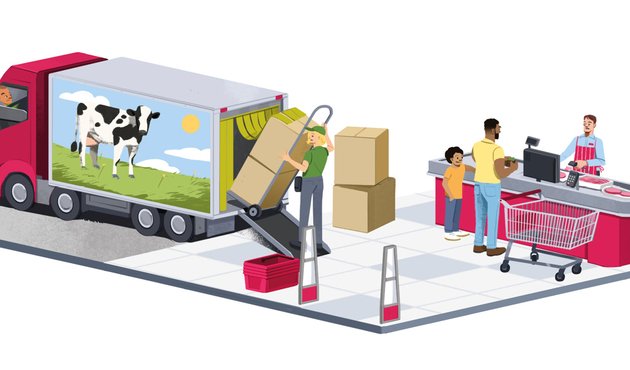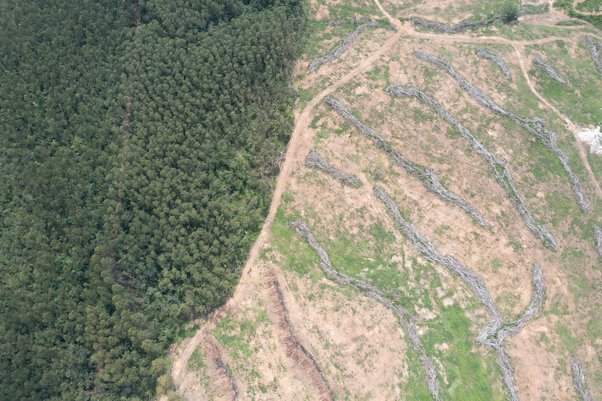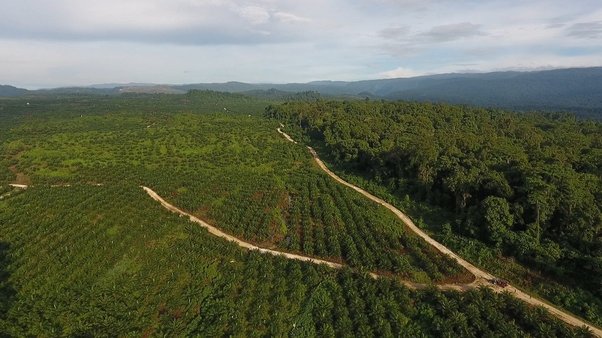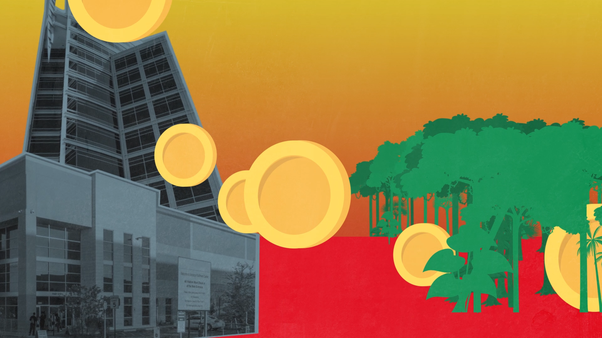Food prices around the world are surging. They were already at their highest in a decade in 2021 and hit a new record this February, driven by a combination of factors including climate-related extreme weather events, soil degradation and the COVID-19 pandemic.
However, Russia’s invasion of Ukraine is pushing food prices even higher because of both these countries’ key role in the grain, sunflower oil and fertilizer markets.
More than a quarter of global wheat exports come from Russia and Ukraine, and Russia is the world’s largest producer of fertiliser.
National headlines are dominated by news of a cost of living crisis triggered by the dual increase in energy and food costs.
Globally, the United Nations said that the war’s impact on the global food market alone could cause an additional 13.1 million people to go hungry.
Responding to those in dire need will also be harder than before, given that the UN World Food Programme sources nearly half of its wheat supplies for the hungry across the globe directly from Ukraine.

It’s therefore not surprising that in these unprecedented times policymakers are reviewing all options, but they need to do this carefully, informed by the science and aware of the vested interests likely to peddle false solutions.
The Ukraine crisis has seen a push by some in the fossil fuel industry to deepen the global dependence on climate-wrecking fossil fuels, rather than the obvious and necessary solution of accelerating the switch to renewables.
As the growing global food crisis brews, it now looks as though there is a real risk of similar short-termist thinking on other environmental measures – such as the protection of climate-critical forests.
We are seeing pressure from actors in Europe and Brazil to hold back on regulation and effectively allow the razing of climate-critical forests to make way for more industrial agriculture.
This is not the answer to the world’s real and urgent food needs. Quite the opposite.
As global deforestation associated with mass agribusiness continues apace, forest destruction is disrupting local weather cycles, causing droughts and helping to turn once fertile land into desert.
This puts further pressure on food supplies and contributes to more volatile and less secure global supply chains.
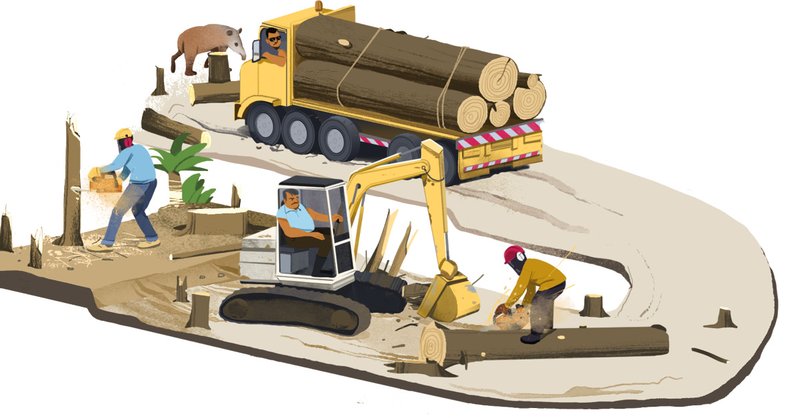
And of course, beyond the local impacts, the relationship between forests and the global climate is well known.
Forests help cool the planet through their biophysical impact, reducing temperatures by at least 0.5 degrees as well as acting as vital carbon sinks.
Losing these precious forests will exacerbate global warming and lead to more frequent climate-related extreme weather events that "contribute to reduced food availability and increased food prices, threatening food security, nutrition, and livelihoods of millions," according to a recent UN IPCC report.
These are not theoretical concerns – the effects are already being felt. Climate shocks took a toll on food production in 2021.
The price of durum wheat, used to make pasta, soared by 90% late last year after widespread drought and record heatwaves in Canada.
Summer 2021 saw the worst drought in central and southern Brazil in almost a century, according to Brazilian government agencies. The drought is expected to cause crop losses, water scarcity, and increased fires in the Amazon rainforest and Pantanal wetlands.
Yields of Brazilian soy are expected to be down as is the sugar beet yield. Research shows that hotter temperatures which result from clearing natural vegetation already are already costing Brazil's soybean farmers alone more than $3 billion each year in lost productivity. All this well before the invasion of Ukraine.
In light of this, new rules under development in the UK and EU to stop the sale of products from deforested land have never been more crucial – with key decisions due about due diligence requirements on businesses and which commodities to regulate.
Policymakers in consumer hubs must resist the calls from industry who are using the crisis in the Ukraine to push for a halt to environmental legislation.
Governments must not back away from action that could turn the tide on our global deforestation footprint.
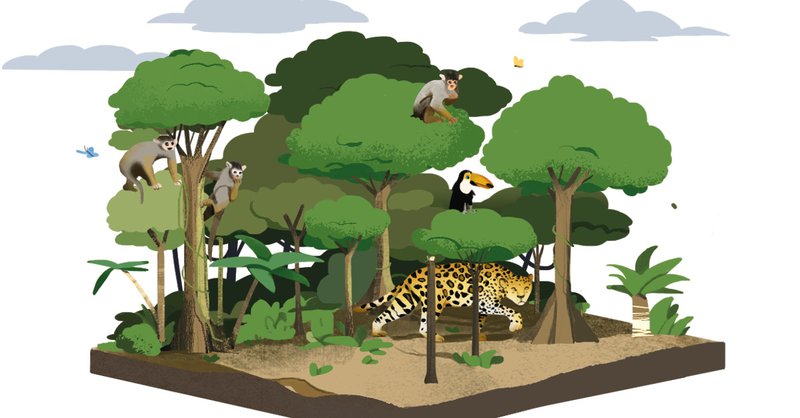
At the same time, food-producing and forest-rich countries, already under pressure from a toxic combination of business and political interests, may also experience new pressure to expand into climate-critical rainforests – they must resist this.
In some cases, governments may proactively exploit the crisis as an excuse to sell off forests from under the feet of their true owners in order to chop them down.
Brazilian President Bolsonaro – who has long wanted to open up hitherto-protected rainforest for production – has already raised this prospect in a series of tweets, claiming environmental and land rights legislation was standing in the way of Brazilian food security and linking this to the invasion of Ukraine.
Rising commodity prices could also make forest-risk commodities an attractive prospect for investors with no qualms about their environmental social or governance impacts.
For example, palm oil from Indonesia or Papua New Guinea may seem an attractive and lucrative substitute for Ukrainian sunflower oil but this risks further fuelling the deforestation and human rights abuses in the palm oil sector that we and others have exposed.
The invasion of Ukraine must not be used as a pretext to continue tearing down forests or to stall or roll back legislation designed to stop this destruction.
Such short-sighted deregulatory responses will further lock us into a future of food insecurity and climate crisis.
Government regulation is needed more than ever to ensure that businesses and banks can’t profit from deforestation and in the process entrench the climate crisis and global food price misery.
